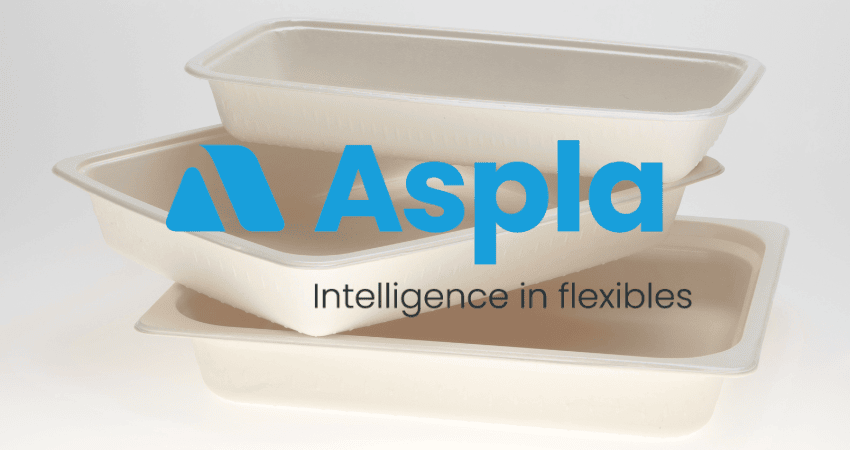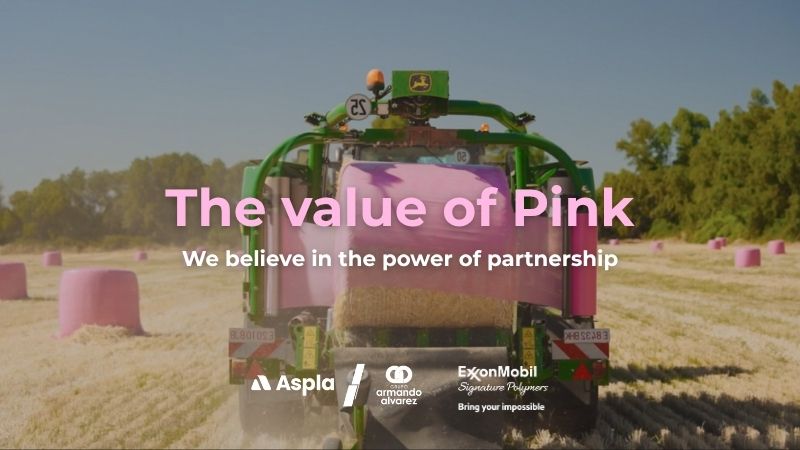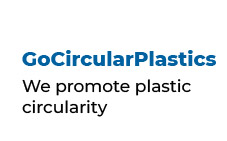Today, plastic is present in the lives of millions of people everyday. Its properties have positioned it as a key ally in the development of sectors as diverse as packaging, construction, transportation, healthcare, and food. In the latter, with the rise of ready-to-eat foods, plastic packaging has gained significant prominence, providing food safety and extending shelf life, significantly reducing food waste.
Development of Aspla BioTerm® compostable film for thermo-lamination
From the Research, Development, and Innovation department at Aspla, the commitment to the circular economy is continuous, advancing simultaneously on multiple improvement fronts. Among these is the use of compostable raw materials that allow used packaging to be valorized in the form of compost.
In this context, Aspla has developed Aspla BioTerm®, a 100% compostable tray thermo-lamination film that also contains more than 40% bio-based material. Aspla BioTerm® adheres perfectly to the body of the cellulose trays, isolating the food. Its excellent mechanical properties allow for increased processing speed of the trays.
Advantages of Aspla BioTerm® compostable thermo-lamination film
These films, in addition to maintaining the preservation characteristics of conventional plastics, are a further step in the transition towards a circular economy, reducing the use of fossil resources and facilitating end-of-life management due to their compostable nature.
In terms of food safety, this compostable thermo-lamination film is SUITABLE for food contact, complying with Regulation (EU) No 10/2011 under the most unfavorable test conditions.
The BioTerm® thermo-lamination film is the result of close collaboration with the cellulose tray producer, PackBenefit. This joint effort offers the market a highly watertight final product that guarantees food safety and extends the shelf life of food, while also being a sustainable alternative.
Waste management of compostable film for thermo-lamination
These trays can be disposed of in the organic waste brown bin, where they will be managed at an industrial composting plant to become compost, a biowaste that can be used as fertilizer and even as an energy generator.
Aspla’s commitment to sustainable growth is solid, as it offers various circular alternatives with a reduced carbon footprint and consumes energy from 100% renewable sources. This commitment extends to the entire Armando Alvarez Group, which has achieved carbon neutrality (in scopes 1 and 2) for the fourth consecutive year and valorizes more than 95% of the waste generated, in line with the objectives of the 2030 Agenda.
Learn more about the Armando Alvarez Group’s sustainability commitment.







